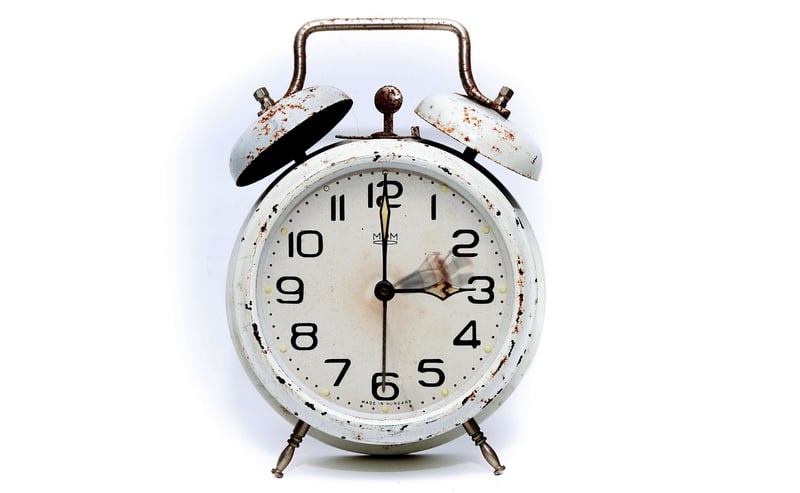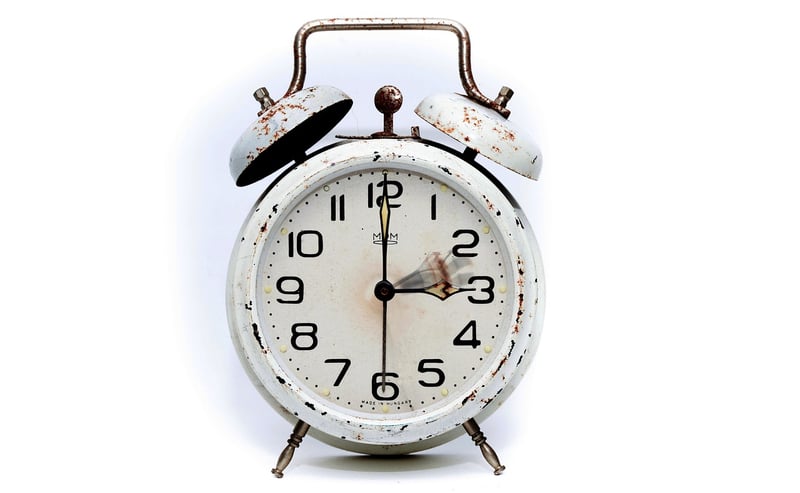Temporal Loops
Navigating Time Conundrums and Temporal Loops
Time travel has been a popular topic in science fiction for decades, captivating audiences with its mind-bending possibilities and paradoxes. From temporal loops to alternate timelines, the concept of manipulating time raises intriguing questions about causality and free will. Let's delve into some of the common time conundrums and how they are portrayed in popular culture.
Grandfather Paradox
One of the most well-known time travel conundrums, the Grandfather Paradox, poses the question: what happens if you go back in time and prevent your grandparents from meeting, thus preventing your own birth? This paradox highlights the inherent contradictions that arise when altering past events.

Temporal Loops
Temporal loops occur when an event is trapped in a continuous cycle of repetition. Characters may find themselves reliving the same moments over and over again, struggling to break free from the loop. This narrative device adds suspense and complexity to time travel stories.

Alternate Timelines
Alternate timelines depict divergent realities that result from time travel interventions. Characters may inadvertently create new timelines by changing past events, leading to unforeseen consequences in their present. These parallel universes offer a rich storytelling canvas for exploring different possibilities.

Conclusion
While time travel remains a theoretical concept in the realm of science, its portrayal in fiction sparks our imagination and challenges our understanding of the universe. Navigating time conundrums and temporal loops in storytelling allows us to explore the complexities of cause and effect, destiny, and the nature of existence.
Whether you enjoy contemplating the philosophical implications of time travel or simply love a good sci-fi adventure, the allure of temporal manipulation continues to captivate audiences worldwide.
